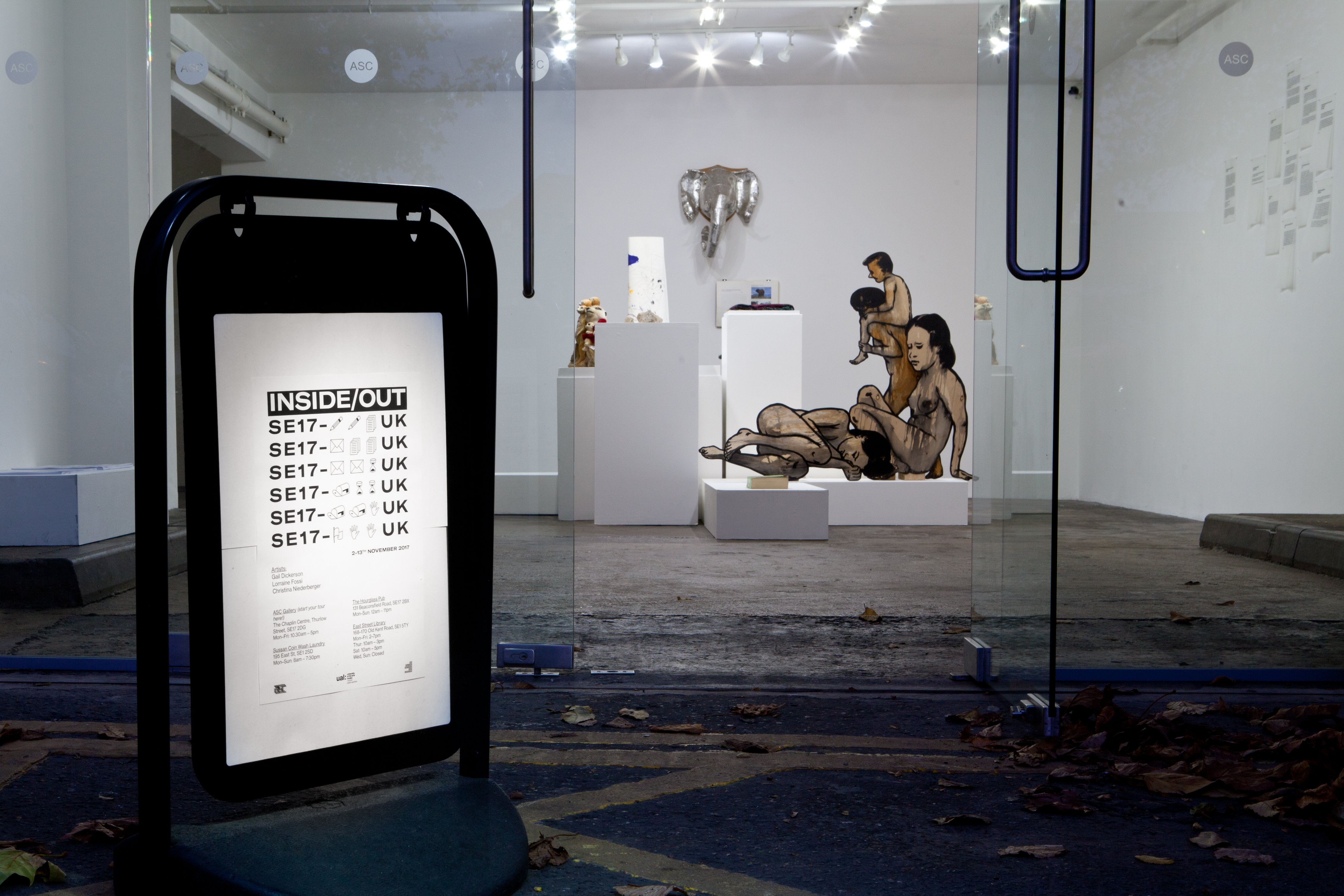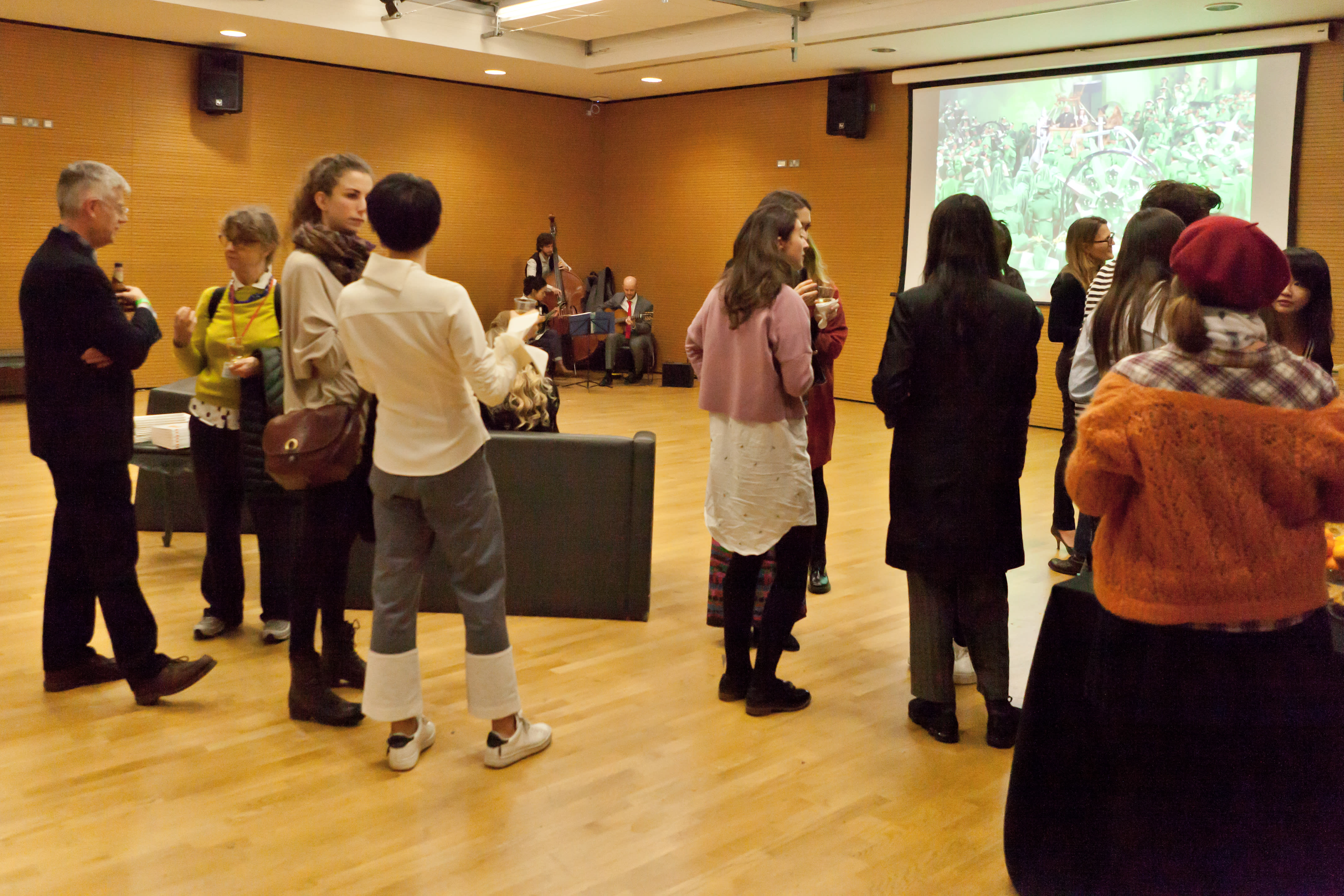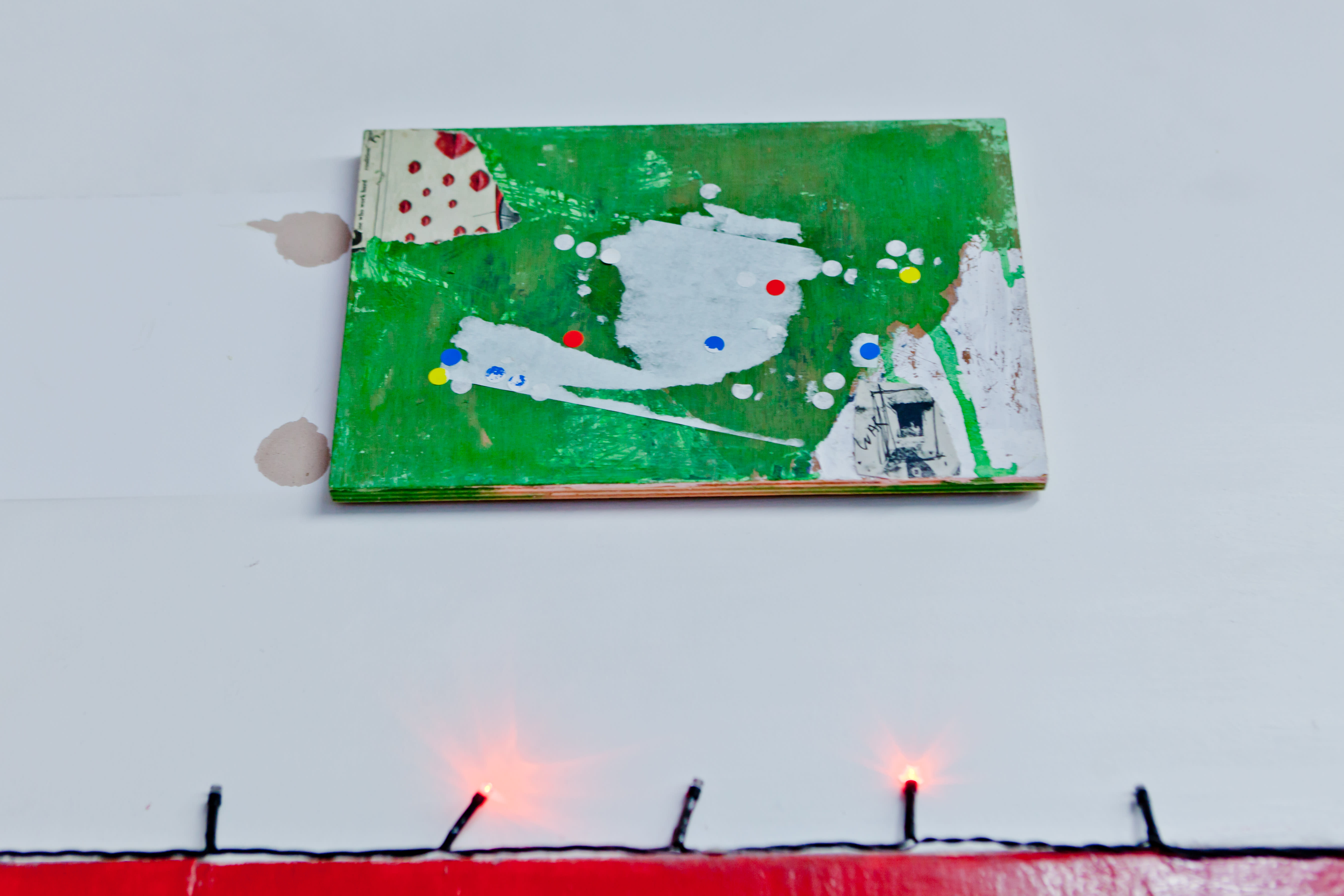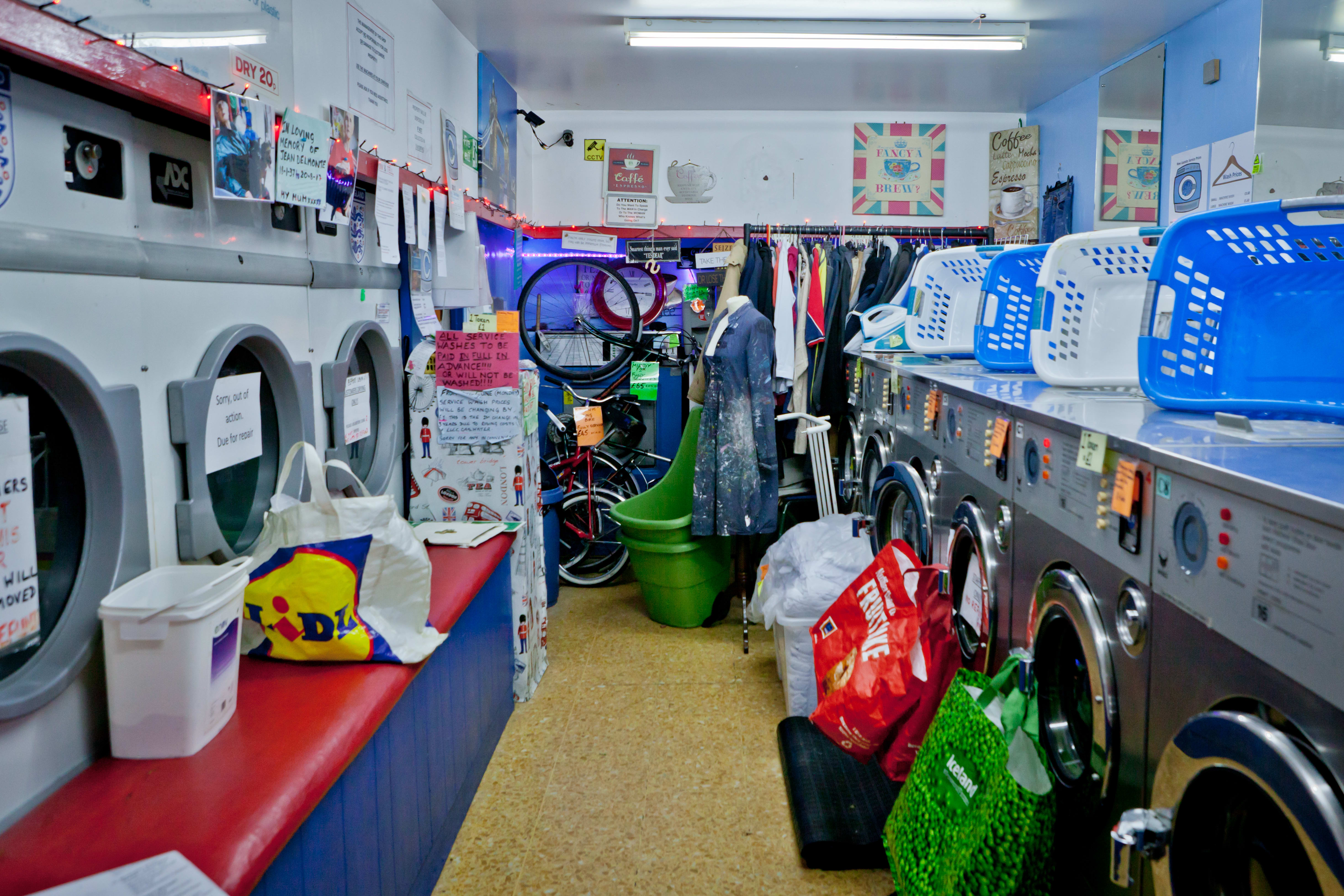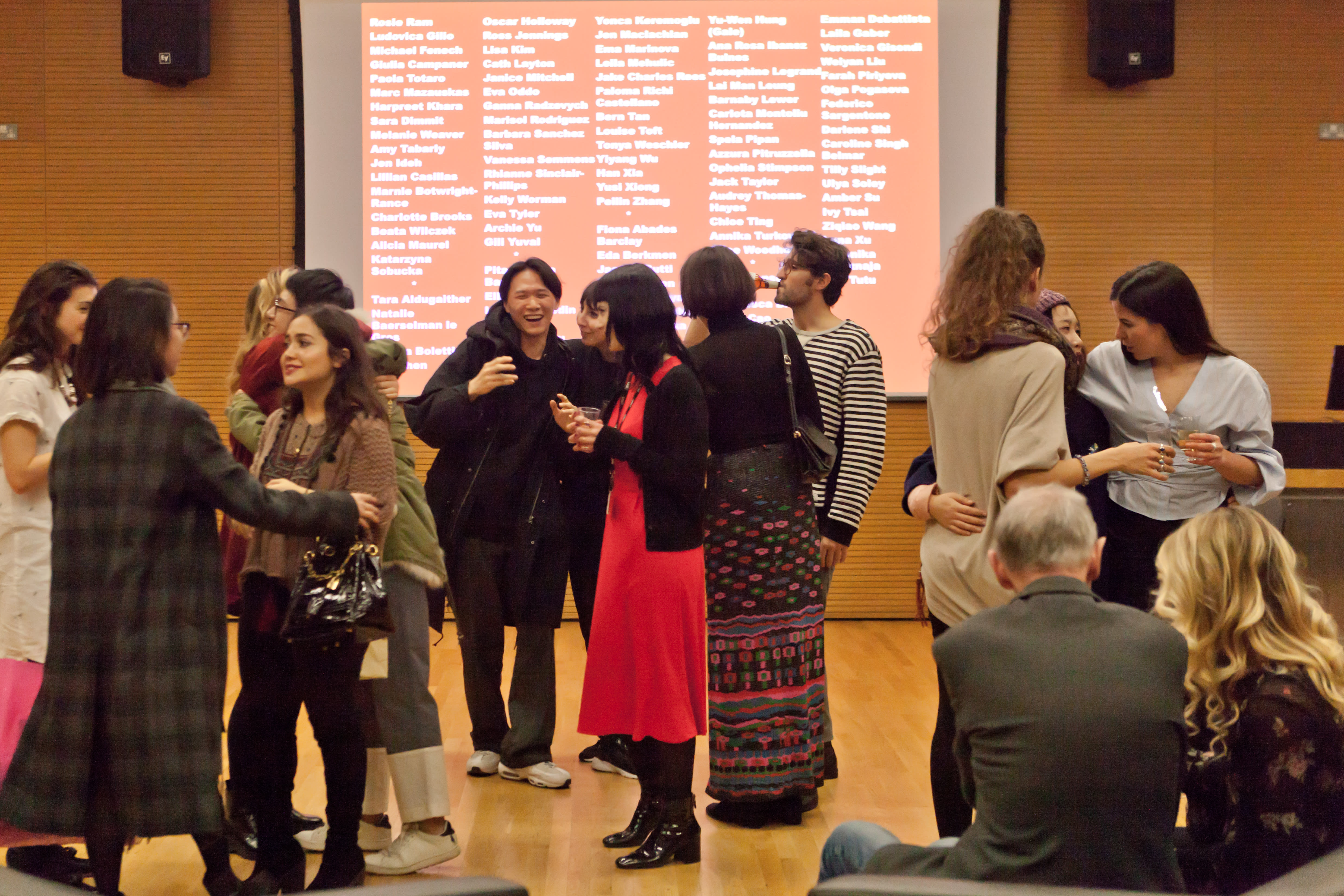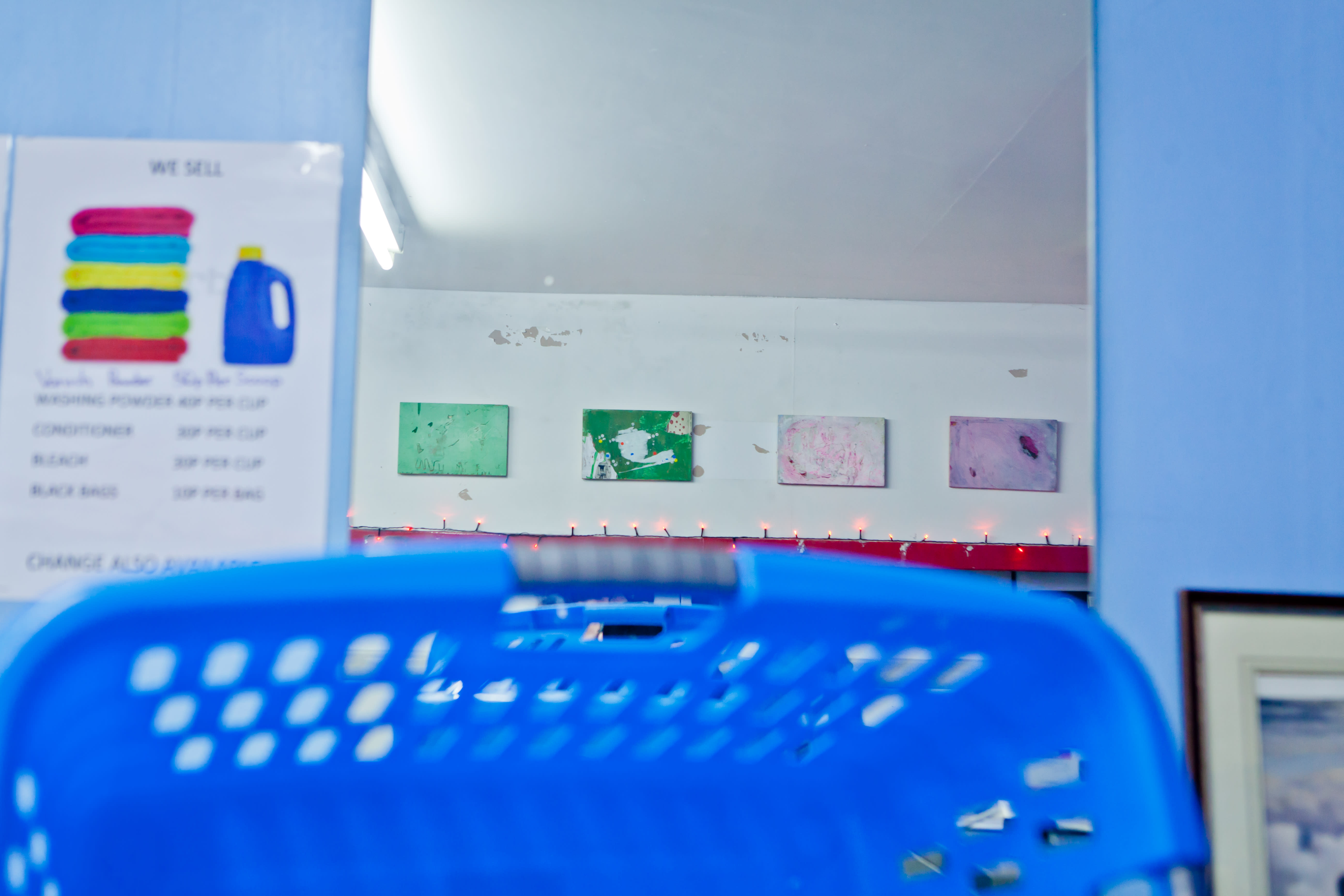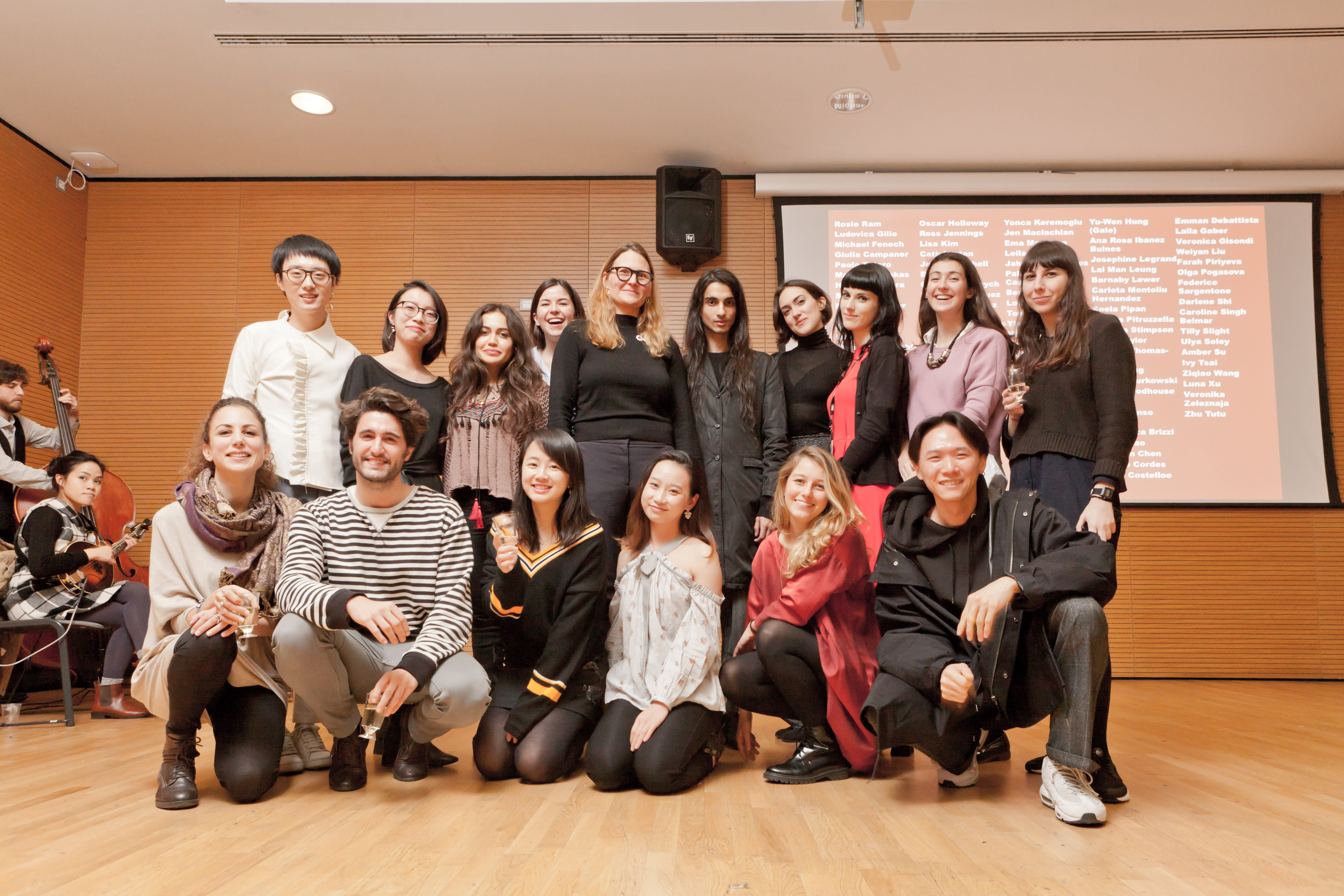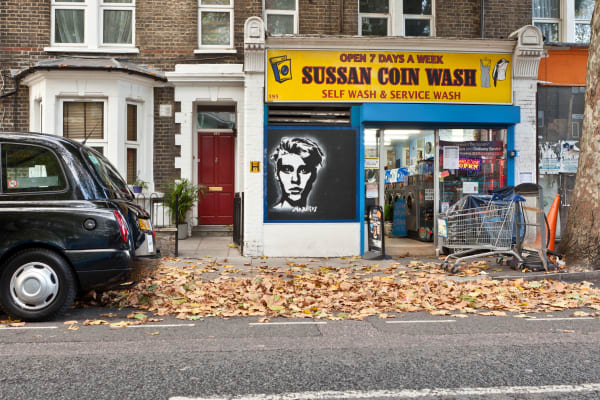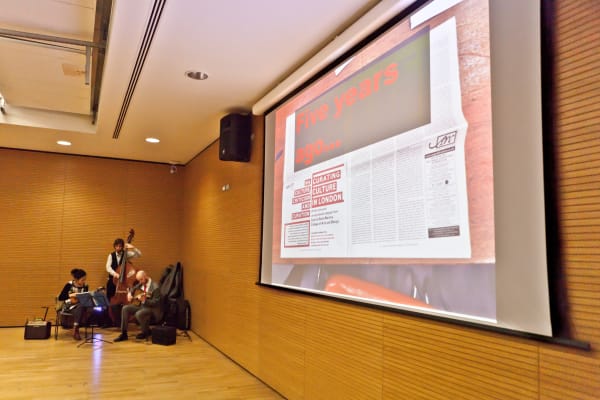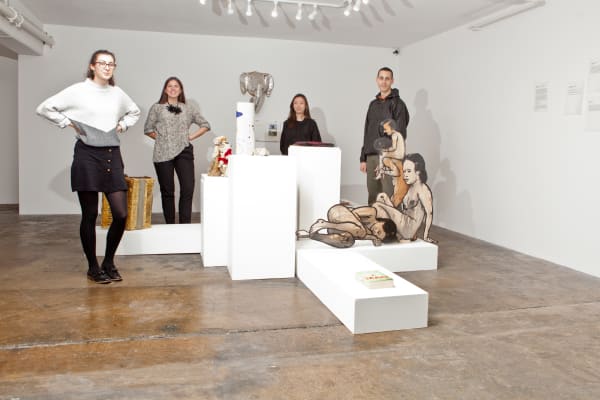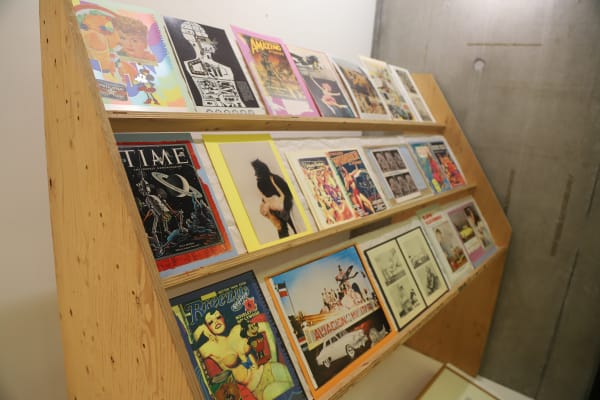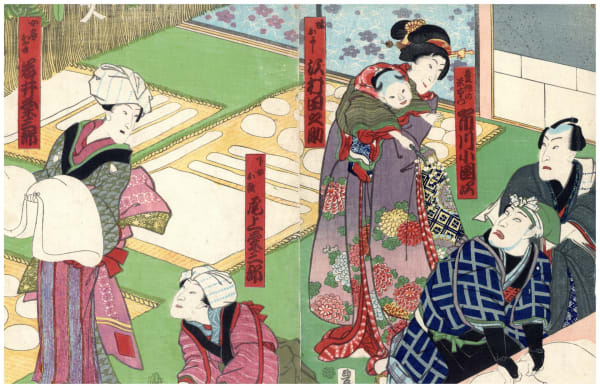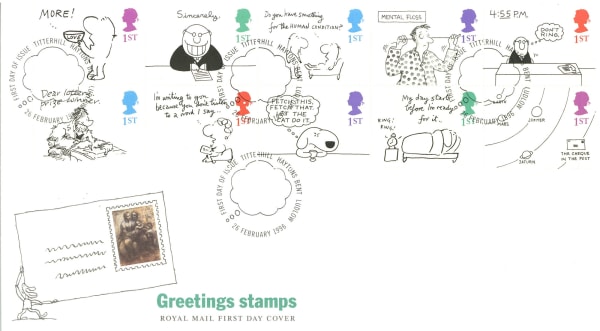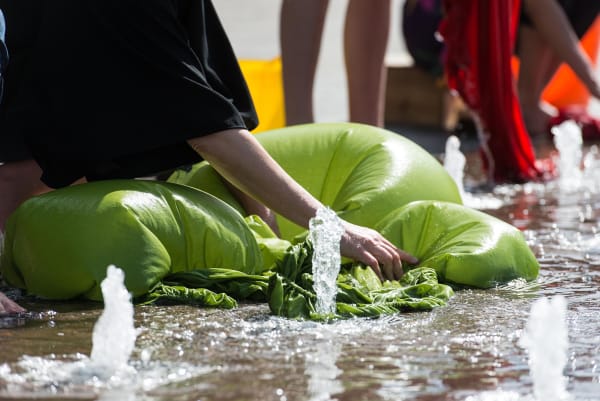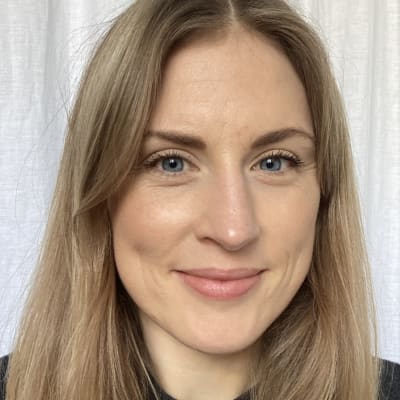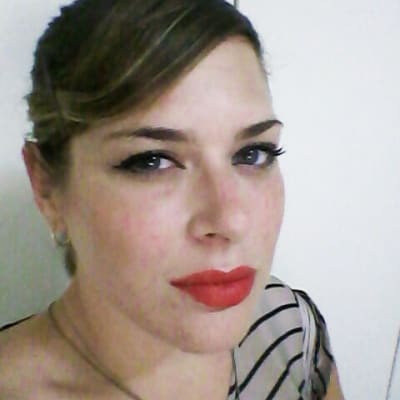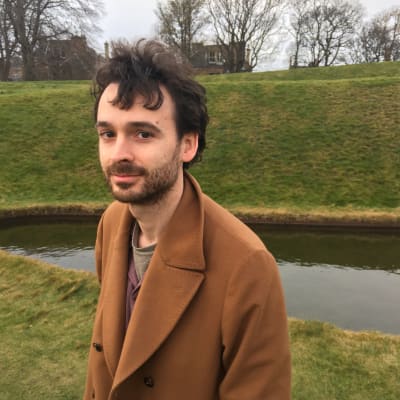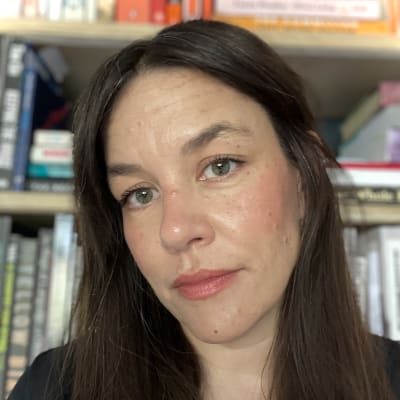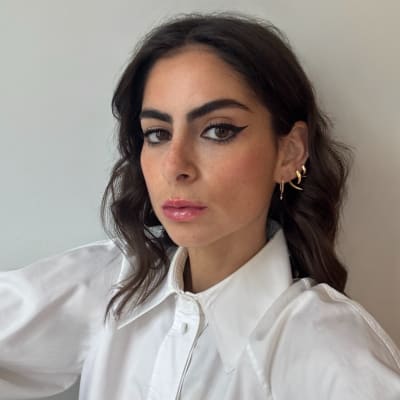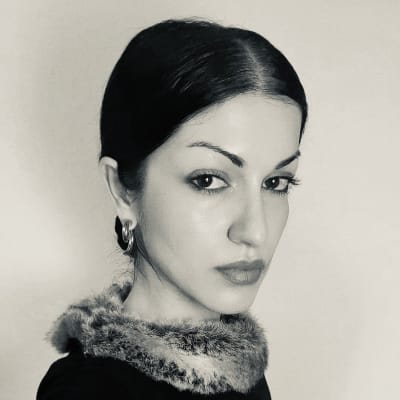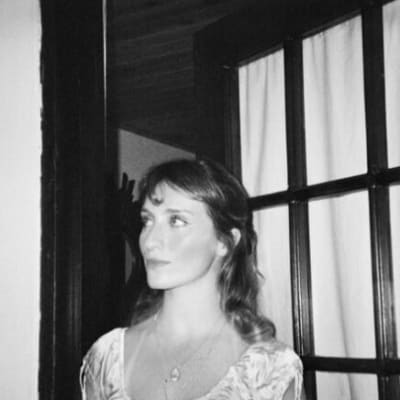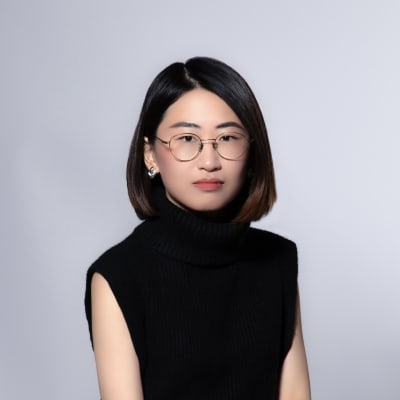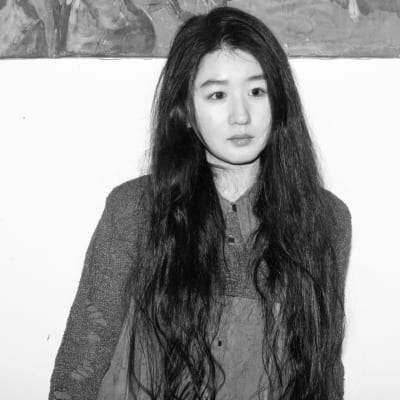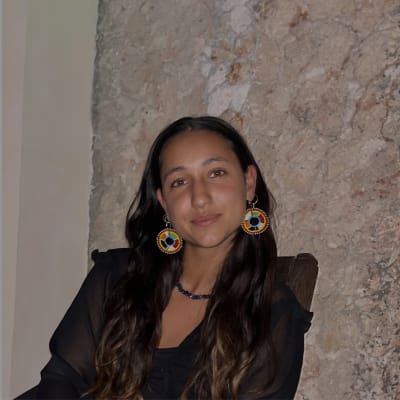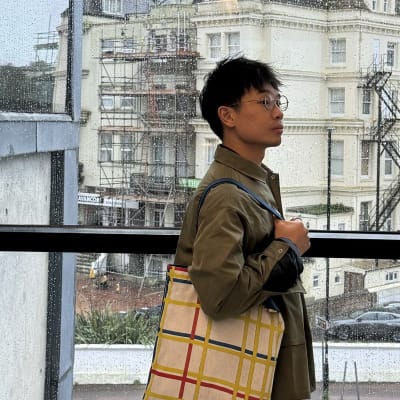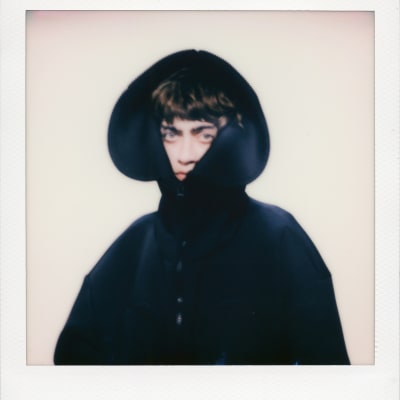Course units
MA CCC promotes a community of practice which is central to students’ development. The Course offers a space for you to develop independent research and practice and a framework for student-led learning. In our vision, theory and practice work hand in hand within curatorial work, and we explore the different relationships between these two modes of knowledge production.
Culture is studied through lectures, seminars, tutorial groups and reading groups. The curriculum is responsive to changing interests and priorities. Often interdisciplinary, the Course encourages an integrated approach to critical, practical, peer-to-peer, group and independent work. Events at programme, college and university level encourage students to engage with a wider culture of research and innovation and connect with others using curatorial thinking and the practice you are developing.
The main independent work over the 45 weeks of study includes a Dissertation and a group curatorial project. The Dissertation helps you deepen your knowledge in an area of your choice. The group project offers an opportunity to develop your curatorial practice in partnership with an external organisation.
Students learn to engage with and develop both group and individual practices.
Projects and professional partnerships
Working collaboratively with organisations – small and large, independent, and well-established – offers students significant professional experience within the curriculum, leading to work that is supported to be experimental and ambitious. Previous examples of external partnerships include The Guardian, vFd Dalston, Flat Time House, NEoN Festival, David Roberts Art Foundation, South London Gallery, Institute of Digital Fashion, Tate Exchange, Liverpool Biennial, Centre for Investigative Journalism, The Common Room and the Institute of Psychoanalysis. The Course has two ongoing collaborative projects, Project Credit (https://project.credit/) and UQ Journal (https://uqjournal.net/).
Student Journey:
Unit 1: Curatorial Playground
Unit 1 is the entry point to the Course and is a composed of a series of intensive workshops, seminars and discussions that set the base for curatorial thought – that is, thought that emphasises the interrelations between disciplines, cultures and knowledges. You will learn how to respond to a brief and this will help you find your creative and critical entry points into the course. Key themes of the Unit are experimentation, inter-cultural exchange and conversation within the cohort.
Unit 2: The Collaborative Unit
This Unit addresses the theme of collaboration through co-operation with other Masters’ courses in the college. By working co-operatively with fellow students from parallel and contrasting courses, you will experience at first hand the value of cross-disciplinary thinking and problem-solving that is central to developing a curatorial practice.
Unit 3: Curatorial Positions
Through group work, individual research and an archive/collection-based curatorial project proposal, this Unit helps you to develop a sense of your position: in relation to your subject interests and practice area, in terms of social identities and institutional spaces. The collaborative research and learning element of the Unit helps you establish a basis of knowledge around different definitions of culture, the relationship between culture and technology and the ethics of representation, collection and preservation.
Unit 4: Curatorial Incubation
This Unit spans the summer months and is dedicated to deepening your research on your Dissertation and extending your curatorial practice by beginning a group project in collaboration with a partner organisation. It is based mostly on independent learning with support via online classes, synchronous and asynchronous. It is an essential period of independent work and student-directed study that you undertake both as an individual and in small groups.
Unit 5: Curatorial Responsibility
Unit 5’s theme of Curatorial Responsibility signals the ethical, practical and conceptual components of a well-developed curatorial practice. Your work during this unit will be dedicated to coming to define your practice through your work and the ways it sits in relation to others — your peers, your communities, your collaborators, your readers and audiences. The Unit will prompt you to reflect on your professional development and position yourself in relation to your chosen career pathway.
Important note concerning academic progression through your course:
If you are required to retake a unit you will need to cease further study on the course until you have passed the unit concerned. Once you have successfully passed this unit, you will be able to proceed onto the next unit. Retaking a unit might require you to take time out of study, which could affect other things such as student loans or the visa status for international students.
CSM Academic Support is delivered by a team of academics and practitioners working alongside your course to help you progress and achieve your maximum potential as a student. Academic Support can help you to develop your skills in different areas, including critical thinking, research and writing, time management, presentations and working independently and collaboratively. These may be offered as part of your timetabled classes or as bookable tutorials and workshops.
Mode of study
The course is offered in full-time mode which runs for 45 weeks over 12 months. You will be expected to commit 40 hours per week to study, which includes teaching time and independent study.
Credit and award requirements
The course is credit-rated at 180 credits.
On successfully completing the course, you will gain a Master of Arts (MA degree).
Under the Framework for Higher Education Qualifications, an MA is Level 7. All units must be passed in order to achieve the MA but the classification of the award is derived from the mark for the final unit only.
If you are unable to continue on the course, a Postgraduate Certificate (PG Cert) will normally be offered following the successful completion of 60 credits, or a Postgraduate Diploma (PG Dip) following the successful completion of 120 credits.
